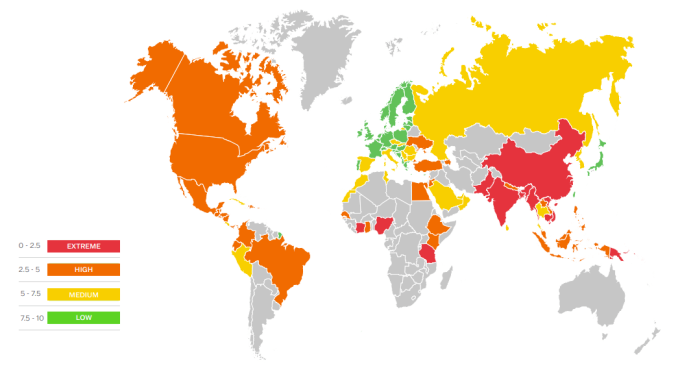
Supply chain heads should be aware that that use of forced labour is not limited to China, but has become globally pervasive, according to the providers of an AI-tool risk assessment solution.
Under new rules coming from Europe and North America, importers will be presumed guilty of using forced labour in supply chains unless they can prove otherwise.
Under the US Uyghur Forced Labor Prevention Act, importers essentially operate under this rebuttable presumption. Tony Crisafulli, chief ...


Comment on this article